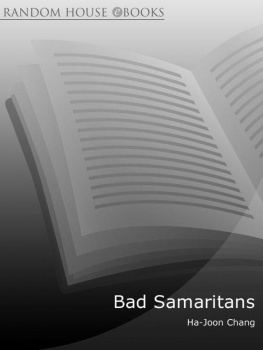The Hidden Pleasures of Life
Theodore Zeldin
A New Way of Remembering the Past and Imagining the Future

Contents
First published in Great Britain in 2015 by
MacLehose Press
An imprint of Quercus Publishing Ltd
Carmelite House
50 Victoria Embankment
London EC4Y 0DZ
Copyright Theodore Zeldin, 2015
The moral right of Theodore Zeldin to be identified as the author of this work has been asserted in accordance with the Copyright, Designs and Patents Act, 1988.
All rights reserved. No part of this publication may be reproduced or transmitted in any form or by any means, electronic or mechanical, including photocopy, recording, or any information storage and retrieval system, without permission in writing from the publisher.
A CIP catalogue record for this book is available from the British Library
Ebook ISBN 978 0 85705 367 1
Print ISBN 978 0 85705 368 8
This book is a work of fiction. Names, characters, businesses, organizations, places and events are either the product of the authors imagination or are used fictitiously. Any resemblance to actual persons, living or dead, events or locales is entirely coincidental.
You can find this and many other great books at:
www.quercusbooks.co.uk
By the same author
Conversation
An Intimate History of Humanity
Happiness
The French
A History of French Passions
in five volumes:
Ambition and Love
Intellect and Pride
Taste and Corruption
Politics and Anger
Anxiety and Hypocrisy
Emile Ollivier and the Liberal Empire
The Political System of Napoleon III
Etc.
To Deirdre Wilson
Preface
FIGHT FOR YOUR RIGHTS! PROTEST! Ignore the horrors around you, amuse yourself, be happy! Make money, work hard, win power! Hide your wrinkles! Are these and their likes the only weapons with which we can defend ourselves against the cruelties of life? Humanity is no longer what it was when these now ancient forms of protection were invented. We know more than we ever did, and have suffered more disappointments than we can remember. We are now free to extricate ourselves from reliance on corrupted versions of ideals that once seemed to radiate only beauty and hope. So I have set out to find others, hidden, unspoken or forgotten, by approaching the history of human experience from a personal angle.
Each of my chapters begins with the voice of a person from a different epoch and civilisation confronting one of the big decisions that everyone has to make, and responding with a story of their own experience. This draws me into a conversation in which I ask what other answers might be available today, what opportunities were missed in the past, and what possibilities have opened up since then. The characters in this book are not heroes to emulate. I have chosen them partly because they have left particularly frank personal testimonies, suggesting that it is sometimes easier to get to know more about the dead when their private secrets are revealed than the living who take so much care to conceal theirs and partly because they have inspired me with unexpected thoughts about what humans could attempt in the future. They have stimulated me to search in new directions for what life can contain, to become aware of what I have missed, and to distinguish between what humans are and the labels they stick on themselves. History is not just a record of what happened and why it happened, but above all a provocation of the imagination.
I begin by investigating the untried options individuals have when they feel powerless, or isolated, or not valued at their true worth, or frustrated that civilisations arrangements do not suit them. I explore neglected paths that cross the boundaries erected by money, prejudice, pretence and misunderstanding, I focus on what happens when two strangers meet, expanding the notion of the couple to include not only people who fall in and out of love, or live together, but also couples of the mind, who form independently of physical union, time or place. Curiosity can generate a desire as powerful and insistent as the desire of the body. Ideas can forge long-lasting bonds, even if these are fashioned out of illusions about oneself or about others ().
Next, I meet people as they appear when they belong to large groups, to a nation or a religion () I find pointers to how stultifying habits might slowly be dissolved.
Then I confront the great puzzle of why so many individuals spend such a large proportion of their waking hours in boring, futile and sometimes servile employment, why there are not enough worthwhile and life-enhancing jobs to suit the talents of new generations, and why there is often more disillusionment, more betrayal, more back-stabbing at work than in families (). My adventures inside corporations and governments have impressed upon me how difficult it is for them to change, but also suggest they could be different. The original meaning of the word business was anxiety, distress, officiousness, difficulty. So I investigate the possibility that business could find a new meaning again, and a more exhilarating philosophy. The triumphs of technology and medicine have been achieved by endless experimentation, research and development, so I show how professions and firms could each have, side by side with their existing practices, the equivalent of a laboratory to try out, on a small scale, different possible ways of reinventing themselves, to fulfil a wider range of present-day aspirations.
My final of time. I find it is even possible to see the process of ageing and the prospect of dying in a less blinding light.
How then could human energies begin to be divided differently between sexual intercourse, commercial intercourse and verbal intercourse? The mistrust and misunderstanding that plague peoples lives have often been resolved by intimate, face-to-face conversations, but many conversations are trivial, or hurried, or monologues, or human versions of birdsong without the beauty, endlessly repeating the same refrain to the same narrow circle. A book is an invitation to engage in a silent conversation with an author and the characters in his book, at a rhythm that suits the reader. This book is not a thriller designed to make it impossible for you to put it down; on the contrary, it invites you to pause and reflect after each chapter, and start your own conversation about it. I should like to know what you can see and understand that I cannot. If, as a result, we say what we have not said before, we might be able to think about the future more fruitfully.
However, Thomas Edison put this warning on the door of his laboratory: There is no expedient to which a man will not resort to avoid the real labour of thinking. A wit replied: Well, why should a man think when Mr. Edison reaches conclusions for him? Personally, wed resort to any amount of thinking to avoid real labour. I prefer to regard thinking as a sociable activity. Bringing ideas and people from separate domains together is one of the main ways in which thinking develops and discoveries are made. Finding unsuspected links between dissimilar individuals, between apparently incompatible opinions, and between the past and the present is one of the first steps on the path to hidden pleasures. It is sometimes salutary to see the world not only in bright and contrasting colours, but also in sepia, with the frontiers blurred by unexpected commonalities.


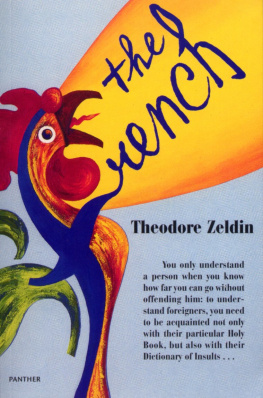
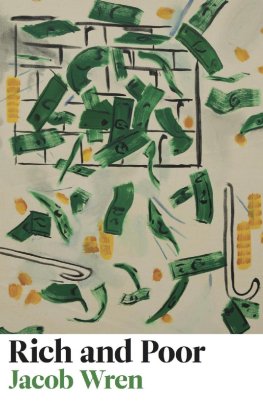
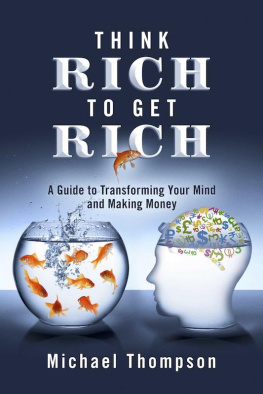
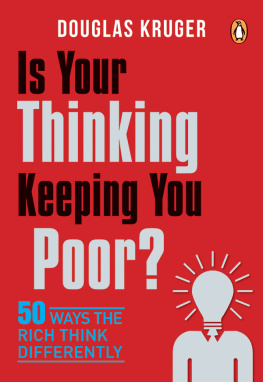
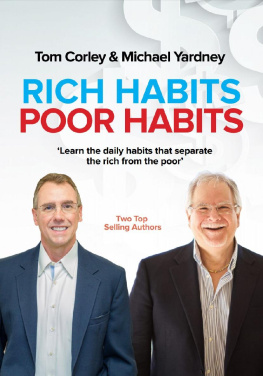
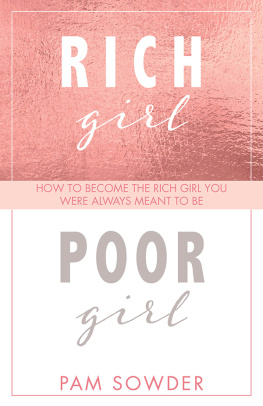
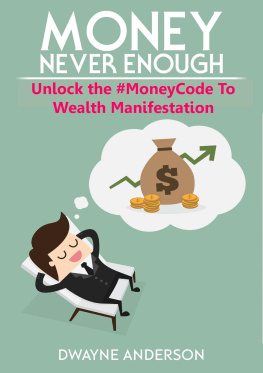
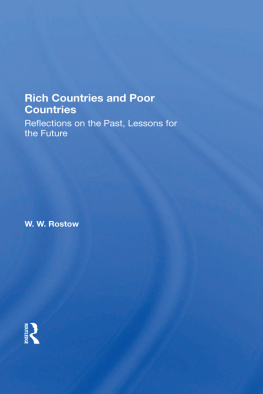
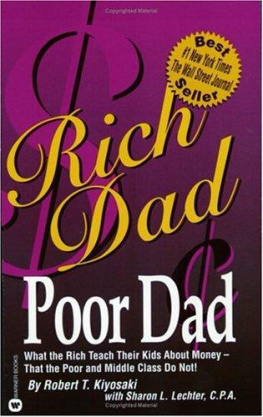
![Theodore Zeldin [Theodore Zeldin] - An Intimate History of Humanity](/uploads/posts/book/142226/thumbs/theodore-zeldin-theodore-zeldin-an-intimate.jpg)
